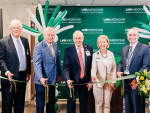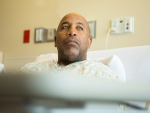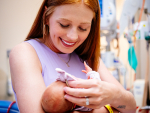
Hannah Echols
| This email address is being protected from spambots. You need JavaScript enabled to view it.Public Relations Specialist
echolsh@uab.edu • (205) 704-2939Specific beats include: School of Nursing; School of Public Health; Division of Clinical Immunology and Rheumatology; Division of Endocrinology, Diabetes and Metabolism; Division of Gastroenterology and Hepatology; Division of Nephrology; Department of Genetics; Department of Pediatrics; Women's Health; Ophthalmology/UAB Callahan Eye Hospital ; Neurology; Neurosurgery









